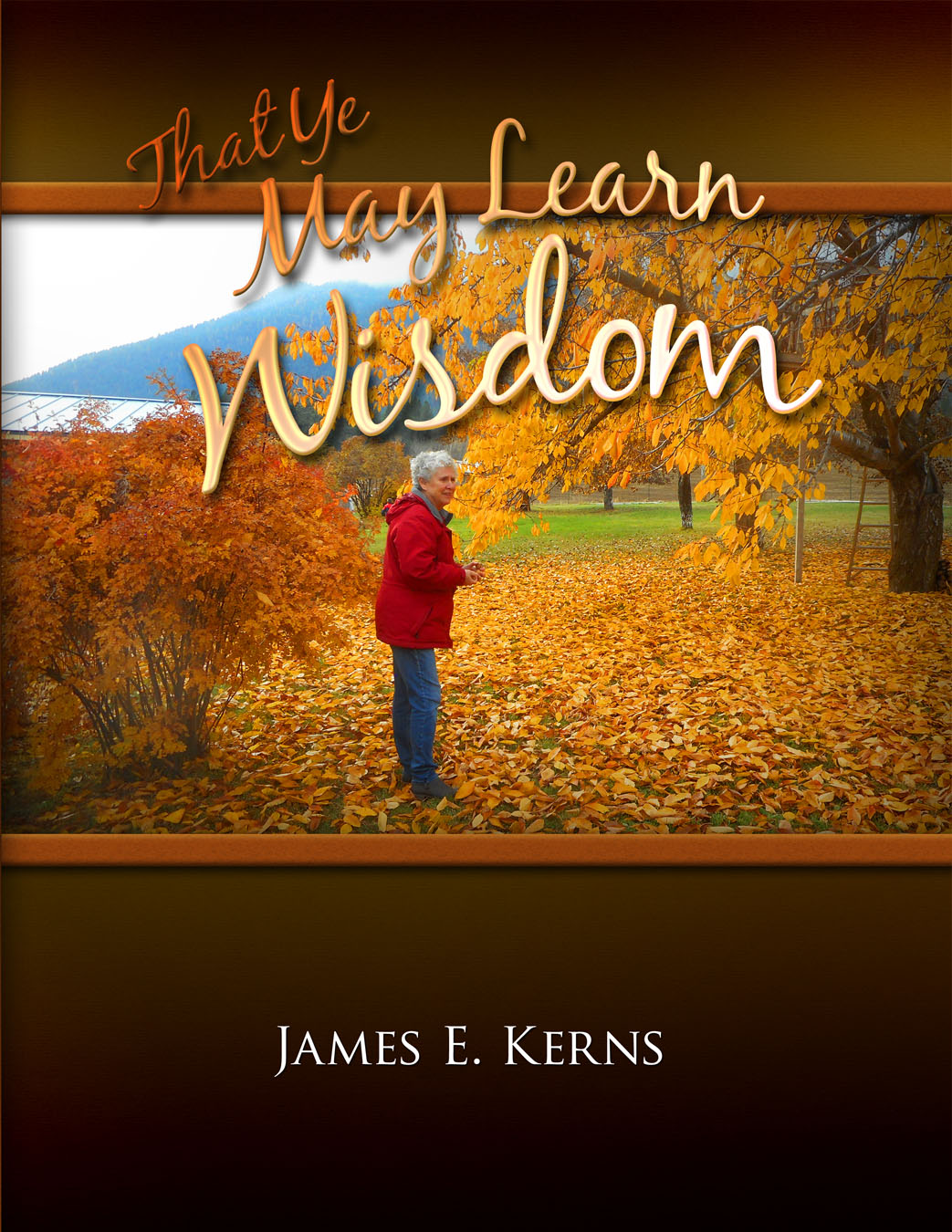Categories: All Articles, Book of Mormon, Faith, Gifts, Sacrifice, That Ye May Learn Wisdom
Moroni
I finished reading the Book of Mormon a few minutes ago for the 83rd time. I could have read the final chapter last night, but I saved it for this morning so that I'd finish on Joseph Smith's birthday. (23 December 2020). I note that this is the 4th time that I've finished on his birthday.
I'm grateful for the prophet Joseph Smith. He accomplished so much in such a short life.
It just now occurs to me that he and Moroni knew one another before Joseph's birth. Joseph was foreordained to do what he did. He knew why he was being born at that time in that place, and he knew the great thing he was being assigned to do. He knew it would be difficult. He knew that he would have opposition at every step. But then his birth happened, and he forgot.
I read chapter 10 very slowly. The reading took a long time as I contemplated each sentence. Why did Moroni choose these particular things to write in what he knew would be his last effort?
In the first sentence I discovered that Moroni was about 80 years old. His father had been born about 310 A.D., so Moroni was probably born when his father was around 30 (or younger). That would have been in 340 A.D. Moroni was around 44 years old at the time of the great battle, and spent the next 36 years wandering all alone. He lived off what he could shoot with his bow and arrows, and on what he could find in the wilderness.
He wouldn't have built a house. He was a skilled camper. Where did he spend his winters? He wouldn't have moved about much in the snow for fear of leaving tracks. He spent time in the New York area, but very probably spent winters in warmer southern areas.
Did he carry the plates around all that time? That's not likely. They were heavy, and he couldn't be sure about his survival. He would have prepared a place for the plates, left them deposited there, and would have occasionally returned to check on their welfare and to add to them. He was inspired to bury the plates on the Hill Cumorah, just as Joseph Smith, Sr. was later inspired to settle his family nearby.
Eighty-year-old Moroni returned to the plates in 420 A.D., lifted them out of their box, and prepared to write one last thing on them before sealing them up to lie there undisturbed for the next 1400 years. He knew that he would be their caretaker, and he probably knew that it would be his privilege to eventually unseal their secret and to deliver them into the hands of their foreordained translator.
What did he choose to write about? What was the last message this lonely wanderer left?
He began by telling how merciful the Lord has always been to the children of men! This is the same man who had been completely alone and friendless for 36 years, who had been cold and hungry and homeless, and who undoubtedly had lost a wife and children in the Nephites' great civil war. This man tells us to "ponder in your hearts" how merciful the Lord is. (Moroni 10:3).
And truly He is. The Lord granted Mormon's petition to spare his son, Moroni, and to make him a witness to the Nephites' utter destruction. (Moroni 9:22). The Lord preserved Moroni through that terrible battle, and He preserved the plates so that we could have the record. He taught both Mormon and Moroni how to read and to write in Reformed Egyptian. He prepared the means whereby an unlearned farm boy could translate the hieroglyphics. He enabled Joseph Smith to bring about the Restoration of the Gospel of Jesus Christ, and all of this was done so that I could have and hold and study and learn from this ancient record.
The second thing Moroni said was that we must read the record, and learn how to use the Holy Ghost. We need to read the book, pray about it, and receive a witness of its truthfulness through the power of the Holy Ghost.
The third thing Moroni wrote about was gifts of the Spirit. We are to seek them. It is through faith and the grace of God that they are given. Moroni had them all, and indicated that we can, too. We must have faith, and we must seek them.
Moroni didn't dwell upon his hardships. He chose instead to talk of faith, hope, and charity. (vs. 20-26). Some people are in despair (v. 22), but not him. He saw the future, and was looking forward to it. He saw himself becoming sanctified and holy and without spot, and prayed that we would become the same. (v. 33). He saw himself as a resurrected being. (v. 34). He saw himself triumphant, and meeting us at the "pleasing bar of the great Jehovah." (v. 34).
I look forward to meeting him and thanking him.
